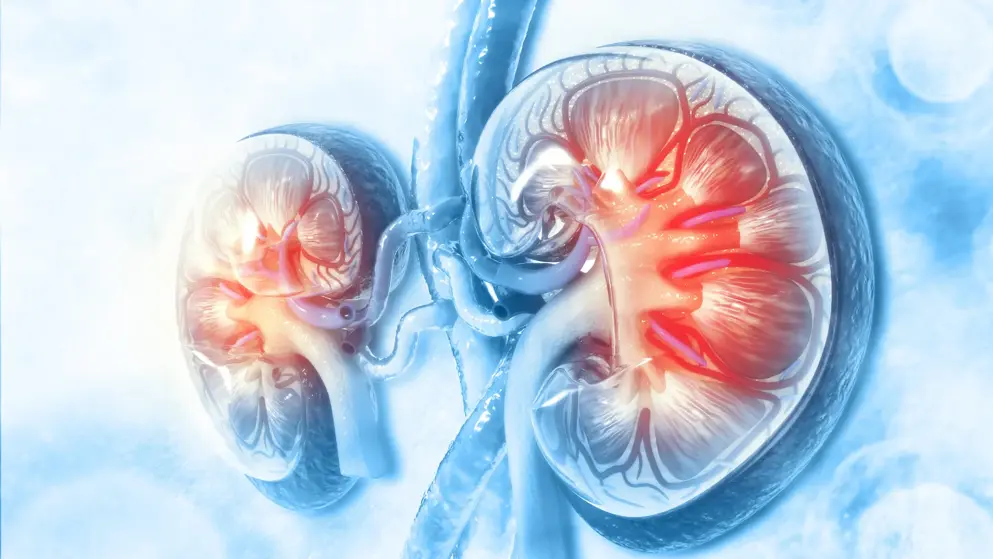Regulation and Effects of FGF23 in Chronic Kidney Disease
Regulation and Effects of FGF23 in Chronic Kidney Disease
Chronic kidney disease (CKD) is a global health epidemic that accelerates cardiovascular disease, increases risk of infection, and causes anemia and bone disease, among other complications that collectively increase risk of premature death. Alterations in calcium and phosphate homeostasis have long been considered nontraditional risk factors for many of the most morbid outcomes of CKD. The discovery of fibroblast growth factor 23 (FGF23), which revolutionized the diagnosis and treatment of rare hereditary disorders of FGF23 excess that cause hypophosphatemic rickets, has also driven major paradigm shifts in our understanding of the pathophysiology and downstream end-organ complications of disordered mineral metabolism in CKD. As research of FGF23 in CKD has rapidly advanced, major new questions about its regulation and effects continuously emerge. These are promoting exciting innovations in laboratory, patient-oriented, and epidemiological research and stimulating clinical trials of new therapies and repurposing of existing ones to target FGF23.
Read abstract on library site Access full article




